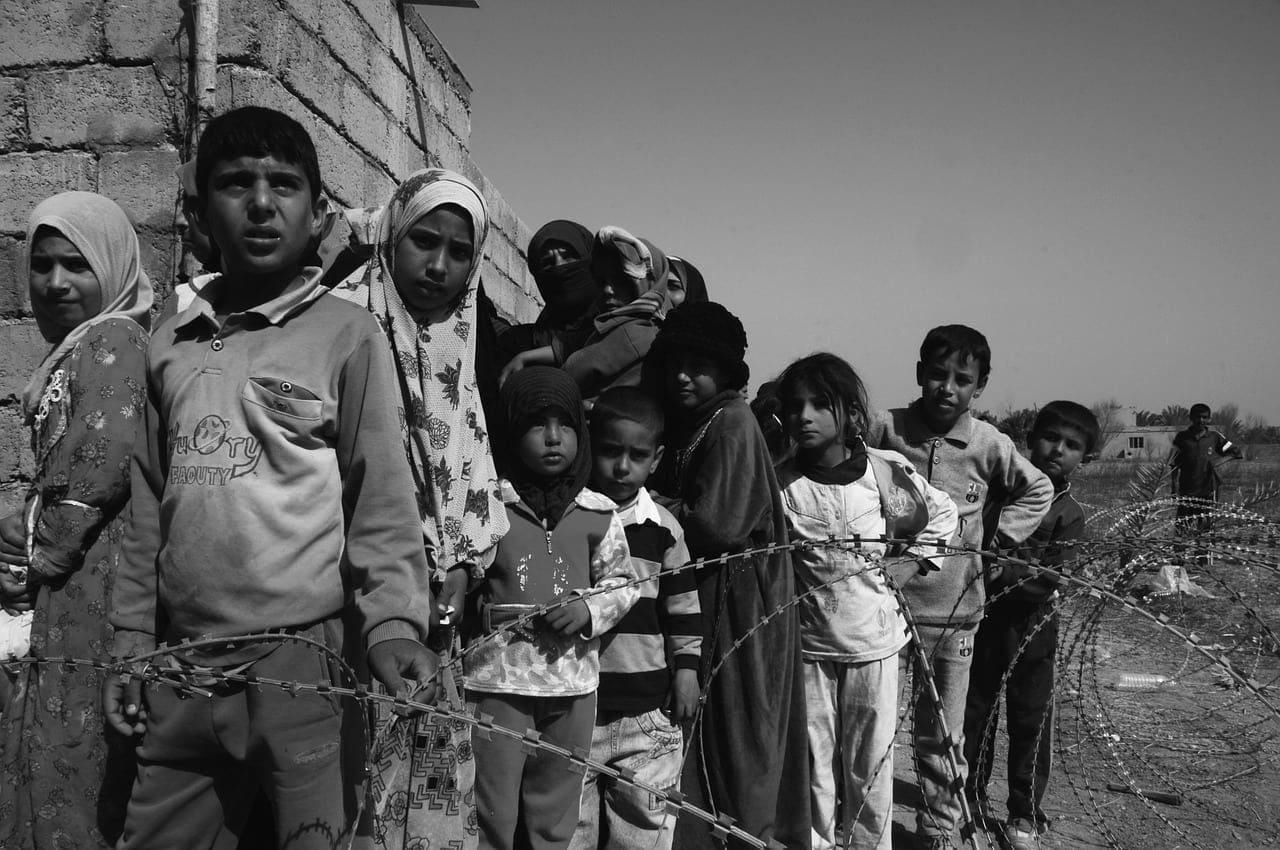What Are the Financial Responsibilities of a Man Regarding His Children From a First Marriage?
Hanafi Fiqh
Answered by Ustadh Tabraze Azam
Question: As salam alaykum,
A man marries and has 2 daughters from this marriage but later divorces this first wife – taking no financial responsibility or responsibility of any sort for the two daughters. He then marries a second wife and has three daughters from this second marriage. Are the daughters from the first marriage Islamically eligible for a share in the father’s wealth/will although he never supported them after divorce from the mother?
Answer: Wa alaikum assalam wa rahmatullahi wa barakatuh,
I pray that this message finds you well, insha’Allah.
Yes, the basis is that the father is responsible for the financial support (nafaqa) of his children.
Allah Most High says, “and clothing and maintenance must be borne by the father in a fair manner. ” [2.233]
What is Financial Support (nafaqa) in this Context?
The required maintenance or support is that of food, clothing and shelter, as is the case with all such support when mentioned in the works of law. Here, it should be sufficient to fulfil their needs, and commensurate with the state of the father.
Who Must it be Given To?
Before they become adult (baligh), the father must support his children whether they are male or female. Thereafter, he is responsible for the financial support of his female children until they marry, upon which the duty transfers to her husband. (Details with respect to the male children can be given upon request.)
However, if, after she becomes an adult, she is able to earn a living by means of a safe, dignified job, then she could be sought to support herself through her own income. In the case that she does so, yet her income is insufficient, the father would need to supplement it so that it fulfils the remainder of her needs.
What if the Father Does Not Pay?
In a traditional setting, the wife would have raised her case to the Islamic court from the moment her husband left, and thereafter, the judge would have ruled that the father must pay, even if he doesn’t do so immediately.
But in the absence of such a system, the mother can forward her case to the local authorities if they will be able to assist her. Yet, even if it cannot be legally enforced by the courts, the father would still be sinful for his neglect of the financial rights of his children, and thus the duty to repay the wife for her expenditure upon the children would remain.
As for the amount she can claim from him, having records of payments would be ideal, yet in the absence of such paperwork, it is possible that she could use the measure of something similar to the “child’s benefit allowance” in order to determine an approximate figure.
What if the Mother was at Fault?
Nevertheless, if the mother was at fault in this scenario, by having taken the children and severed ties with the father, for example, then the matter would be different, and it is possible that she would not be due anything.
The underlying assumption in such a case would be that she decided to support the children on her own and without the father’s wealth, and that he could not have paid even if he wanted to do so. Therefore, she wouldn’t have a right to make a claim later in life, particularly as the basis is that there is no make up [payments] (qada’) for overdue financial maintenance as it is not considered to be a legal debt.
[Ibn `Abidin, Radd al-Muhtar `ala al-Durr al-Mukhtar; Ibn `Abidin, Minhat al-Khaliq `ala al-Bahr al-Ra’iq; Qadri Pasha, al-Ahwal al-Shakhsiyya, with Abyani’s Commentary]
Please also see: Rights of Children in Detail
And Allah alone knows best.
wassalam,
Tabraze Azam
Checked & Approved by Shaykh Faraz Rabbani
